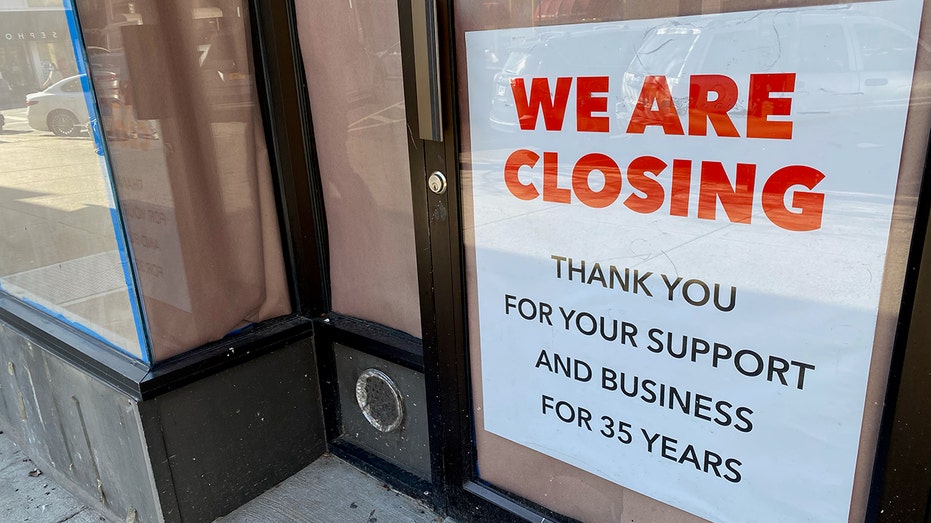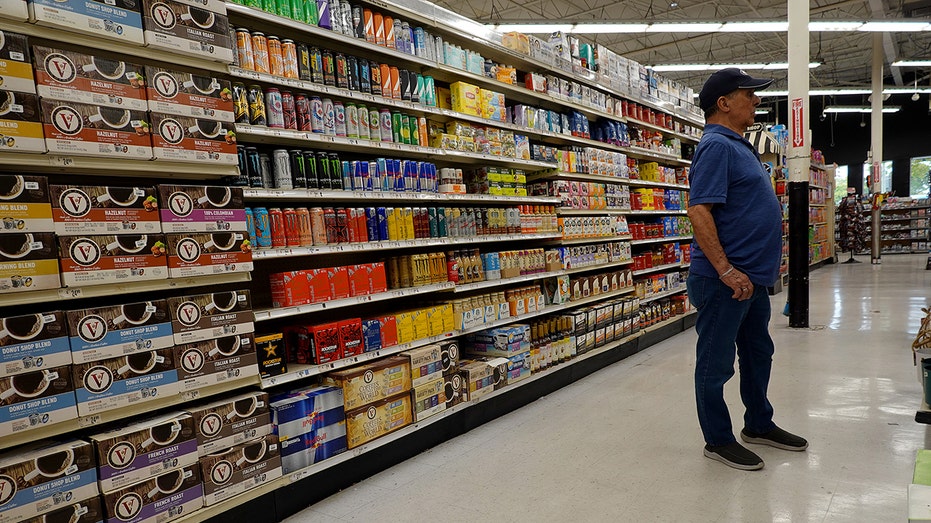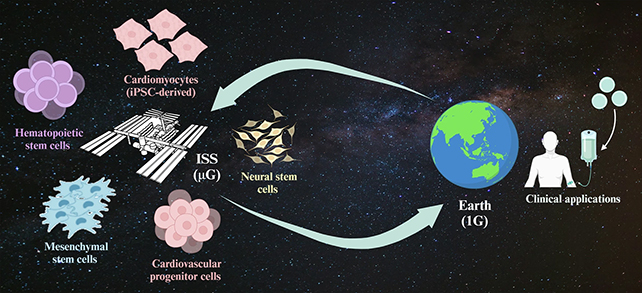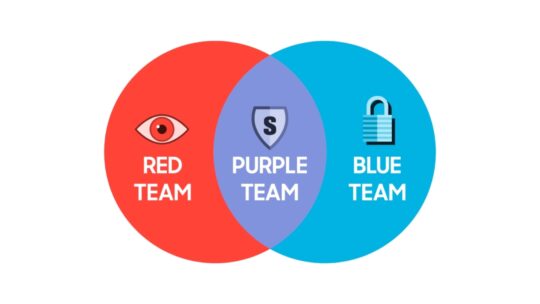Bank of America President of Small Business and Head of Specialty Bank & Lending Sharon Miller discusses the release of the 2023 Small Business Owner Report and breaks down the top concerns faced by business owners.
In April, small business sentiment hit its lowest level in 10 years, reflecting concerns about the near-term economic outlook, persistent worker shortages, and ongoing inflation.
The National Federation of Independent Businesses (NFIB), an association of small business owners based in Tennessee, revealed that its Small Business Optimism Index dropped to 89 last month, a 1.1 percentage point decrease from March. This marks the 16th consecutive month with readings lower than the 48-year average of 98 and the lowest reading since January 2013.
Small businesses also showed pessimism about the future: the percentage of owners expecting better business conditions in the next six months fell two points to a net negative 49%.
In April, worker quality remained the biggest challenge for small businesses as low unemployment rates and rising wages made it difficult to compete with larger companies and attract employees. About 40% of small business workers reported increasing compensation last month, while 21% plan to raise wages in the next three months.
DEBT CEILING DEADLINE IS CLOSER THAN PREVIOUSLY EXPECTED – HERE’S WHY

A “We are Closing, thanks for your support and business after 35 years” sign posted on a small business door in Queens, New York. (Lindsey Nicholson/UCG/Universal Images Group via Getty Images / Getty Images)
About 9% of owners identified labor costs as the top business problem, compared to 24% who cited labor quality.
“Optimism is not improving on Main Street as more owners struggle to find qualified workers for their open positions,” said Bill Dunkelberg, NFIB chief economist. “Inflation remains a top concern for small businesses, but it is showing signs of easing.”
Simultaneously, persistent inflation remains a major risk for small businesses, with 23% indicating that it is their biggest challenge.
FED RAISES INTEREST RATES A QUARTER POINT, HINTS AT POSSIBLE PAUSE
In March, inflation showed signs of slowing down, according to Labor Department data released last month. However, core prices indicate strong underlying price pressures that continue to exist. The consumer price index remains about three times higher than the pre-pandemic average, highlighting the ongoing financial burden posed by high prices on millions of U.S. households and small businesses.
The NFIB survey was conducted just one day before the release of new consumer price index data, which is expected to demonstrate the persistent nature of inflation. Economists surveyed by Refinitiv projected a 0.1% increase in inflation from the previous month and a 5% increase compared to the previous year, more than double the pre-pandemic average.

A customer looks over merchandise at a store on March 14, 2023, in Miami. (Photo by Joe Raedle/Getty Images / Getty Images)
Of greater concern is the expectation that core inflation, which excludes volatile measurements such as food and energy, will increase 0.4% for the month and 5.6% compared to the previous year.
Although the small business survey hinted at a slowdown this year due to higher interest rates and tighter credit conditions, businesses reported little difficulty in accessing credit, which is a positive sign.
CLICK HERE TO READ MORE ON FOX BUSINESS
30% of small businesses reported that all of their credit needs were met, an increase from the previous month. Only 6% stated that their most recent loan was more difficult to obtain than before a series of bank collapses, indicating a decline from March.
When credit conditions tighten, banks significantly raise their lending standards, making it challenging to obtain loans. Borrowers may need to accept more stringent terms, such as high interest rates, as banks seek to reduce financial risk. Consequently, fewer loans would result in reduced spending by both consumers and businesses.













